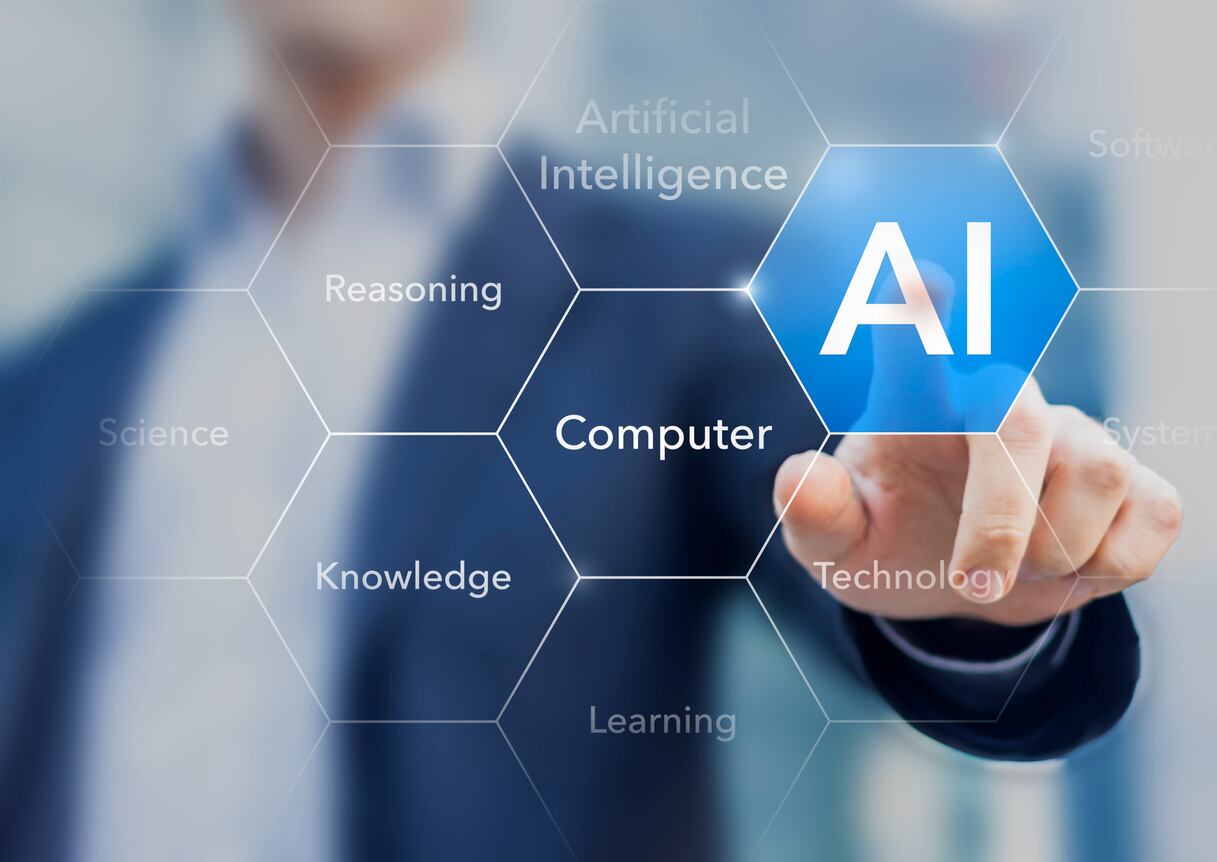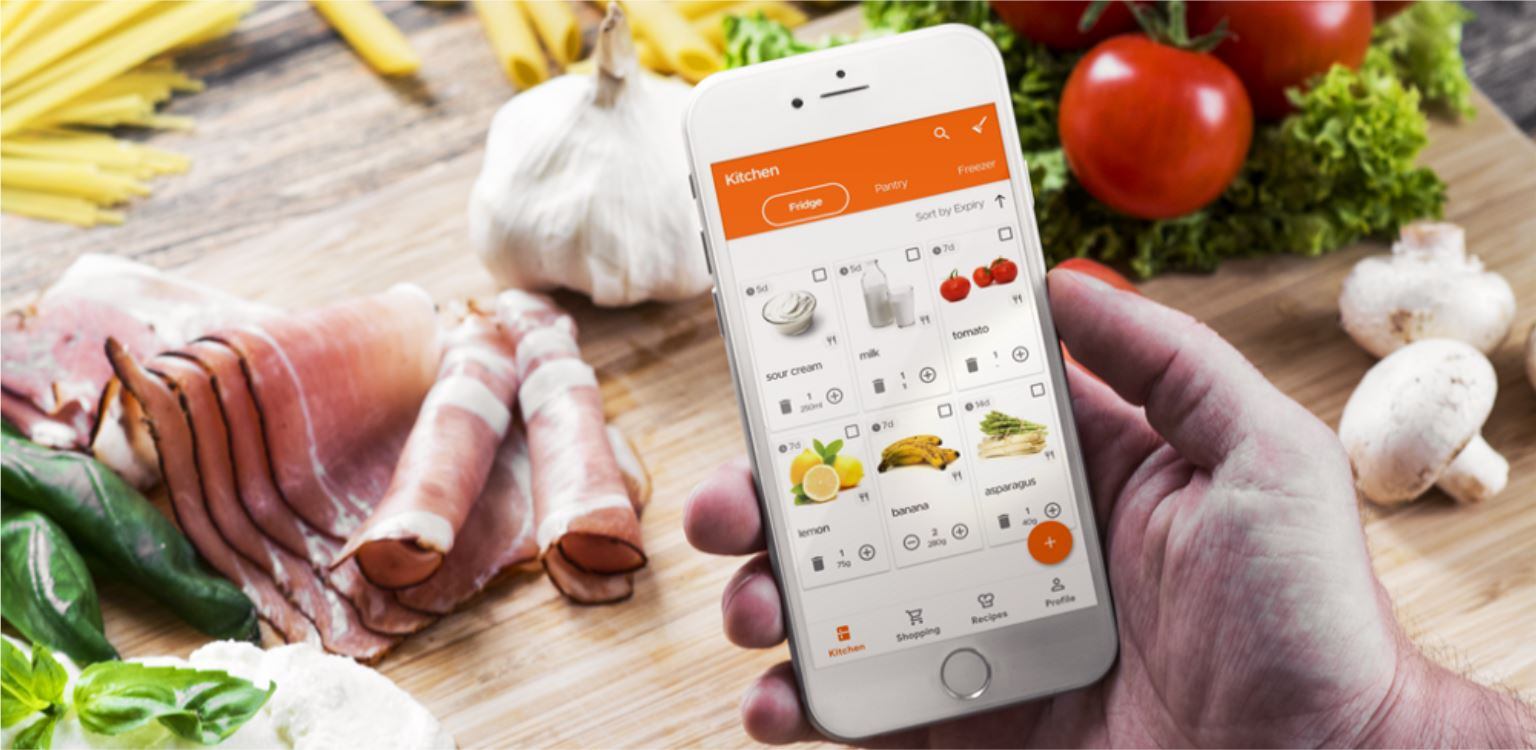The sudden and disruptive onset of COVID-19 has acted as an accelerator of food industry trends. It has rapidly changed how we collectively eat and shop. Within the food industry, this fast-paced shakeup has highlighted the limitations of traditional approaches to market research, Kishan Vasani, co-founder and CEO of food tech start-up Spoonshot, believes.
“It has made FMCG companies question their understanding of consumer needs and their organisational ability to adapt to any change. The overwhelming majority of research related to innovation is still via traditional methods, such as field based research through interviews and panels, which are both slow and costly. Not to mention, these approaches ignore 99% of organic data being produced every single second by consumers, business, and institutions in the digital world. Imagine what insights this data might reveal for innovation planning if they could be accessed and interpreted.”
Vasani noted that ‘another major research strategy’ employed by large FMCG brands is attending events. The global lockdowns introduced to curb the spread of coronavirus have put an end to this avenue for the time being at least.
“This presents a multitude of problems. How do start-ups connect with retailers in an experiential way? How do FMCGs build relationships with potential acquisition targets? How do ingredient suppliers identify new business opportunities? All of these now require robust digital alternatives,” Vasani told FoodNavigator.
The changing face of market insight
While the COVID-19 global pandemic is characterised as a highly disruptive event, Vasani observed that it has largely speeded up changes already occurring in the industry. It has acted as an accelerator to both consumer attitudes and industry processes.
In particular, food and beverage makers are increasingly seeking out tech-based solutions to the pain points coronavirus has highlighted in their innovation procedures.
“Since 2018, the FMCG industry started to recognise the possible applications and value of technologies like AI, which has been applied not just to R&D use cases but also in production and marketing. The largest FMCG companies now have dozens of data scientists working on a variety of business problems, and they are also entering into strategic partnerships with technology companies like IBM and Spoonshot.”
This has had a big impact on ‘legacy’ market researchers, who have in tern responded by scaling up their technology capabilities, Vasani suggested. “These businesses are now caught between protecting their core revenue stream of field-based research versus tech and data-led solutions, which is not their major strength. The problem is that their technology solutions are still grounded in their old mental model where ‘syndicated data is the gold standard’. This simply isn't true for innovation anymore,” he claimed.

‘Long-held beliefs and assumptions have fundamentally shifted’
The tech entrepreneur believes that the long-term impact of COVID-19 should not be underestimated. “There will undoubtedly be a new normal in almost every aspect of our lives and this includes the changes we're seeing with food innovation and research. Why? Because we've been forced to consider and re-evaluate what we thought we knew to be true.
“Long-held beliefs and assumptions have fundamentally shifted. In FMCG, an example might be: ‘We would not launch a new product unless a targeted consumer study had validated the needs and jobs to be done’. This view is rapidly changing because of COVID and because the alternatives, technology-led solutions, are more compelling by most metrics.”
Data and AI are making bets that would once have been considered too risky by large FMCG brands – who often take a ‘fast follower’ approach to innovation – safer. This opens up the possibility that large brands could become leaders in innovation with significantly shorter product pipelines.
“In the tech start-up world, a well-known phrase is ‘if you're going to fail, fail fast’. Well, FMCG companies certainly know what failure looks like given that they have a new product success rate anywhere from just 10% to 40%. But here's the kicker, they fail far too slowly as typical NPD cycles are between 12 to 24 months. Now some of this is because it's food and certain shelf life tests will always take months. But there are too many parts of the process that take weeks or months, when they should take hours or days. Research is one such area.”
Leveraging data through AI and predictive algorithms offers a massive opportunity for FMCG companies to validate proof of concept early in the innovation cycle, according to the tech developer, thanks to the sheer volume of data processed.
“The huge data sets typically needed to make AI solutions robust dwarf those gathered for a consumer field study. On top of this, there are nuanced strategic approaches to exactly what data is analysed and how it is interpreted by algorithms. For example, at Spoonshot our data strategy is all about analysing long-tail data. Currently, we examine over 2,500 specific sources across the F&B world. That includes everything from scientific research papers to chef communities, from food videos to product reviews. Every week, we add another 50-100 sources too.
“Long-tail data means two things, local data and non-mainstream data. Local data is very important because the source of a trend should be understood as well as how it evolves and manifests in different regions as it adapts to local food culture and norms. Non-mainstream data is equally important because it increases the chances of finding early signals of future trends, unlike popular sites – for example food porn on Instagram, which might already be in the zeitgeist. Ultimately, if more higher quality organic data is used to make innovation decisions, the better the quality and outcomes of those decisions will be.”
Consumers, consumption and COVID-19

The million-dollar question in the food sector right now is what coronavirus will mean for consumer attitudes to food. Spoonshot has seen a jump in interest among its FMCG customers.
“During times of unexpected and significant change, having a pulse of consumer behaviour at scale, can be analysed to reveal both broad, long-term effects as well as near-term or nuanced impact. Right now, FMCG companies are mostly in the dark about what the medium and long-lasting changes to the industry will be. They are scrambling for answers,” Vasani revealed.
“Spoonshot has fielded a high volume of enquiries specifically about the long-term COVID impact and where brands should focus their now narrowed R&D budgets.”
According to the tech company, there are some obvious outcomes – but real time data analysis can provide important granular detail.
“Food companies don't need AI to tell them that there's going to be increased interest in immunity-boosting products or that consumers will seek value from their purchases due to economic effects. How many people want to pay £5 for a tub of keto ice cream right now when they can get the regular ice cream for less than £2?
“At the same time, understanding the dynamic between an increased attention on health and people's decreased economic power, which are seemingly at odds, is where real-time data and analytics solutions can add value because the COVID crisis isn't over and won't be until a vaccine and/or treatment is readily available.”
In the longer-term, Vasani is confident that the use of data and AI will become an important tool to ‘give FMCG brands an edge’.
“Data and analytics don't just allow for granular segmentation but give the capability to understand individual needs. This is one of the reasons we're approaching the era of food personalisation in FMCG over the coming decade,” he predicted.




